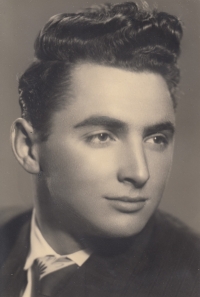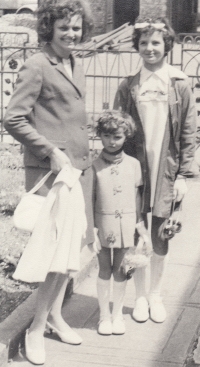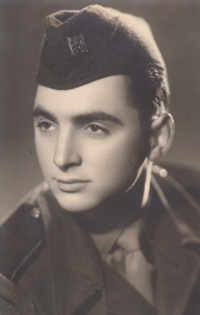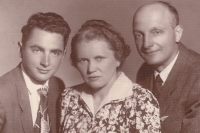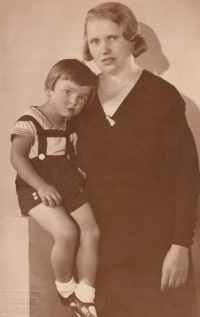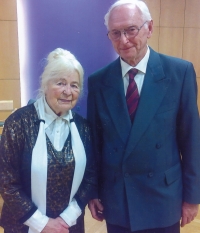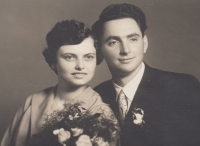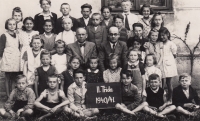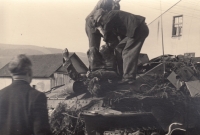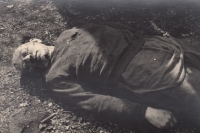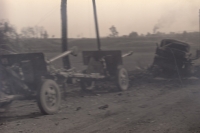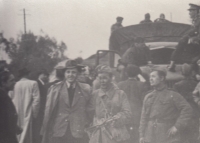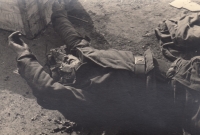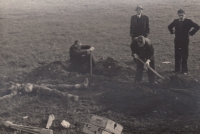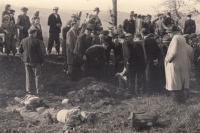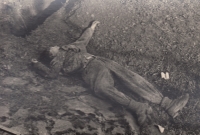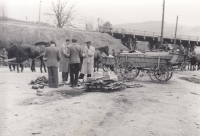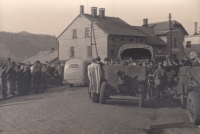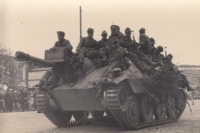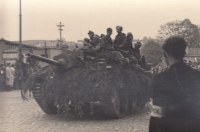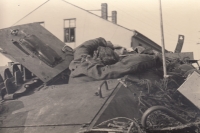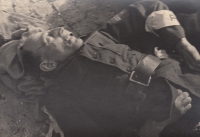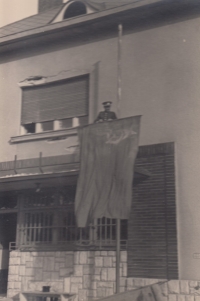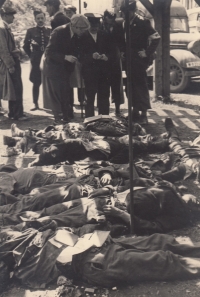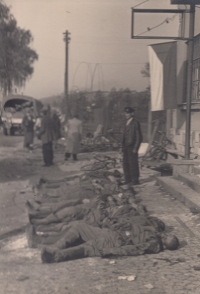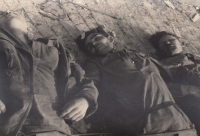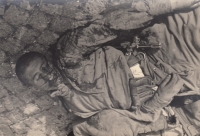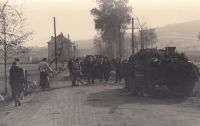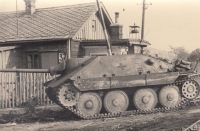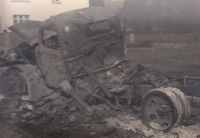My friend was yelling at me that the SS were shooting people
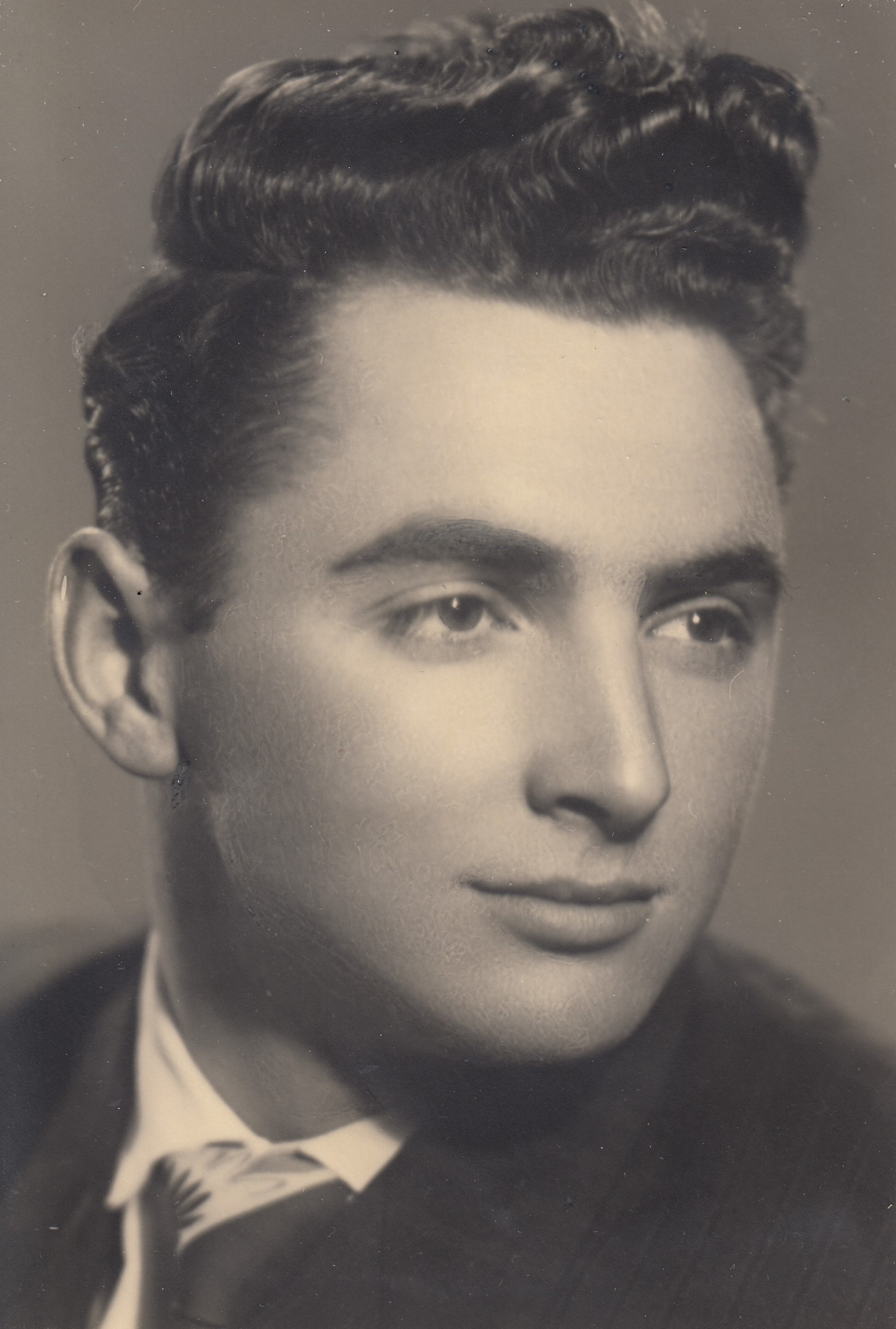
Download image
Jiří Šulitka was born on February 18, 1932 in Náchod. His father Ladislav (1902-1968) was a butcher and a sausage maker, his mother Ludmila, née Špreňarová (1904-1984), helped in the family butcher shop. The family lived in Malé Poříčí, which became part of Náchod after the war. From a young age, his father encouraged his son to take an interest in politics. His mindset was also shaped by his wartime experiences, including the execution of his uncle Jan Špreňar for participating in anti-Nazi resistance. During the war, the textile factory in Malé Poříčí was reoriented to the production of aircraft engines and many people from Germany worked there. On May 9, 1945, Jiří Šulitka became an eyewitness of a combat in Náchod-Běloves, which was instigated by drunken members of the SS. More than two dozen Soviet soldiers and several Czech civilians were left dead as the result of this combat. A cruel retaliation followed a day later, when several dozen SS members were tortured and executed in the Náchod brewery. During the very first post-war holidays Jiří helped with a scout troop in the border area during the harvest. In 1947, the family moved to Náchod and Jiří studied at the business academy there from 1947 to 1951. Then he joined an office in Hronov. At that time the communists deprived his father of his trade. After the mandatory military training in 1953-1954, Jiří married Anna, née Vejrková (1931-2014) in 1956. The couple had two daughters, born in 1957 and 1964, and the family lived in Velké Poříčí. He worked in MEZ Náchod, then in Konzervárny Nové Město nad Metují. In the spring of 1968, he founded a branch of the Club of Committed Non-Party Members (KAN) in Hronov together with Jiří Horyna, Jaroslav Němeček and Jaroslav Novák. They spread awareness and organized lectures. However, their activities were interrupted by the entry of Warsaw Pact troops on August 21, 1968. Jiří and his colleagues immediately started to produce anti-occupation posters and distribute them around the city. During the inspections, he described “fraternal aid” as a military attack and was fired from his job. For three years, he worked as a concrete finisher at the precast concrete plant of the District Construction Company (OSP) Náchod, in Poříčí. Then he worked at OSP as a supply clerk. After the revolution in 1989, he immediately became involved in municipal politics and served as mayor of Velké Poříčí from 1990 to 2002, where he also lived in 2021.
